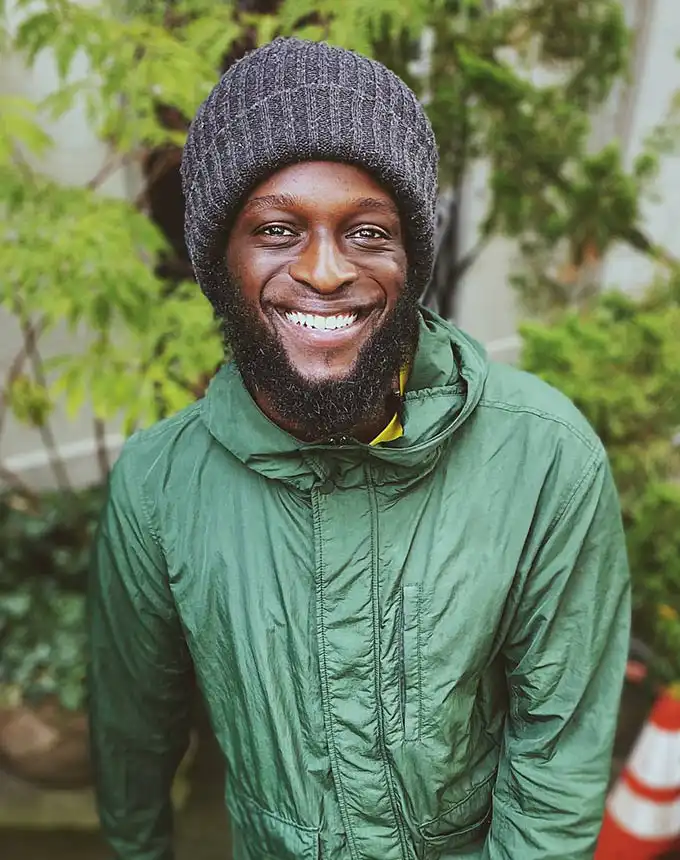
Community
and Food
Access

2020 has been a heck of a year, especially for us farmers.
But there is
hope y’all…
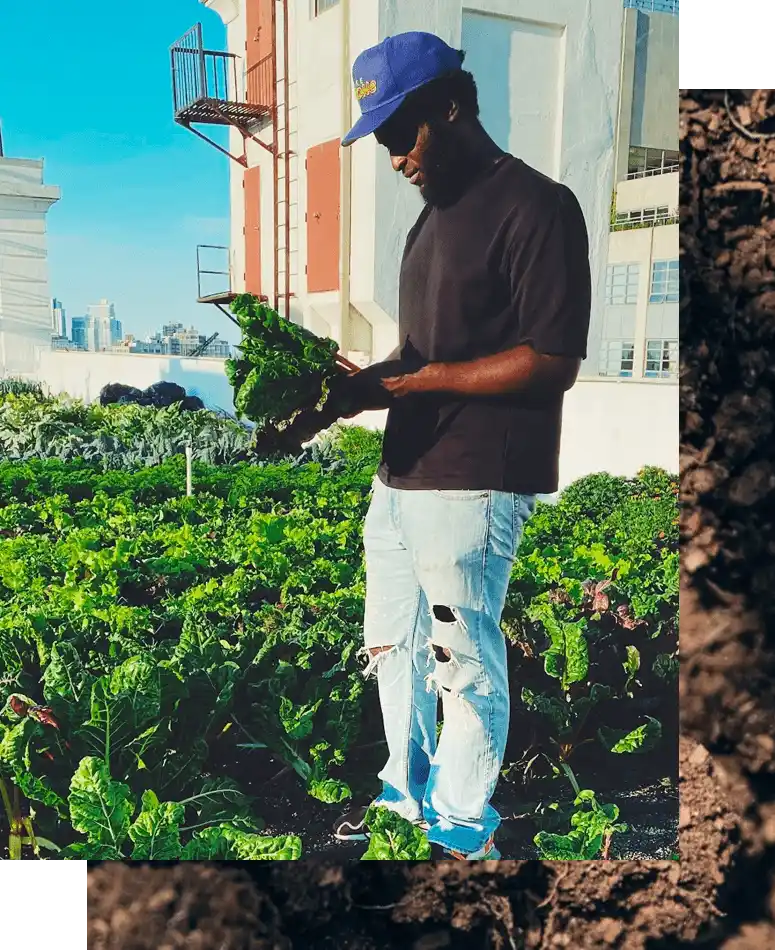
My first time organizing within the context of me being chef, was two years ago. I was working at a very popular restaurant in NYC.
The next restaurant I worked at wasted pounds and pounds of food a day – it was insane!
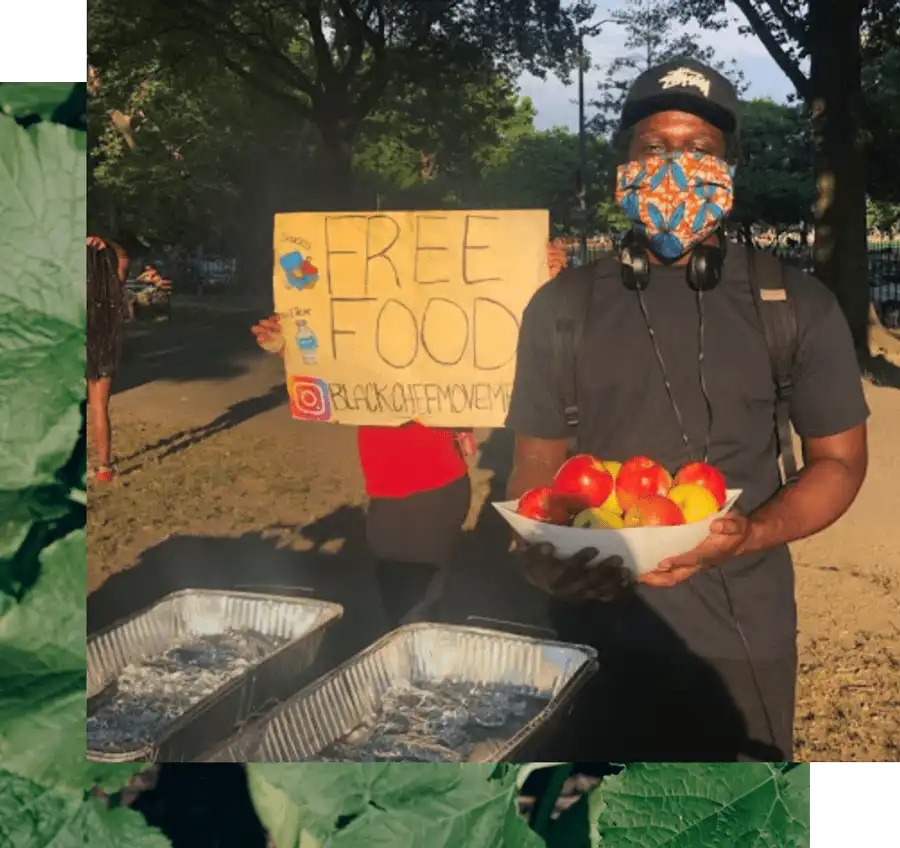
Now as beautiful as all of this is, here’s the reality check — most of the produce that Community Chefs are using in their kitchens are from conventional farms and are most likely GMO. When asked about where the food comes from Anochi told us,
A lot of it is coming from the USDA, which is horrible and as much as we as chefs hate it — it’s our only option …
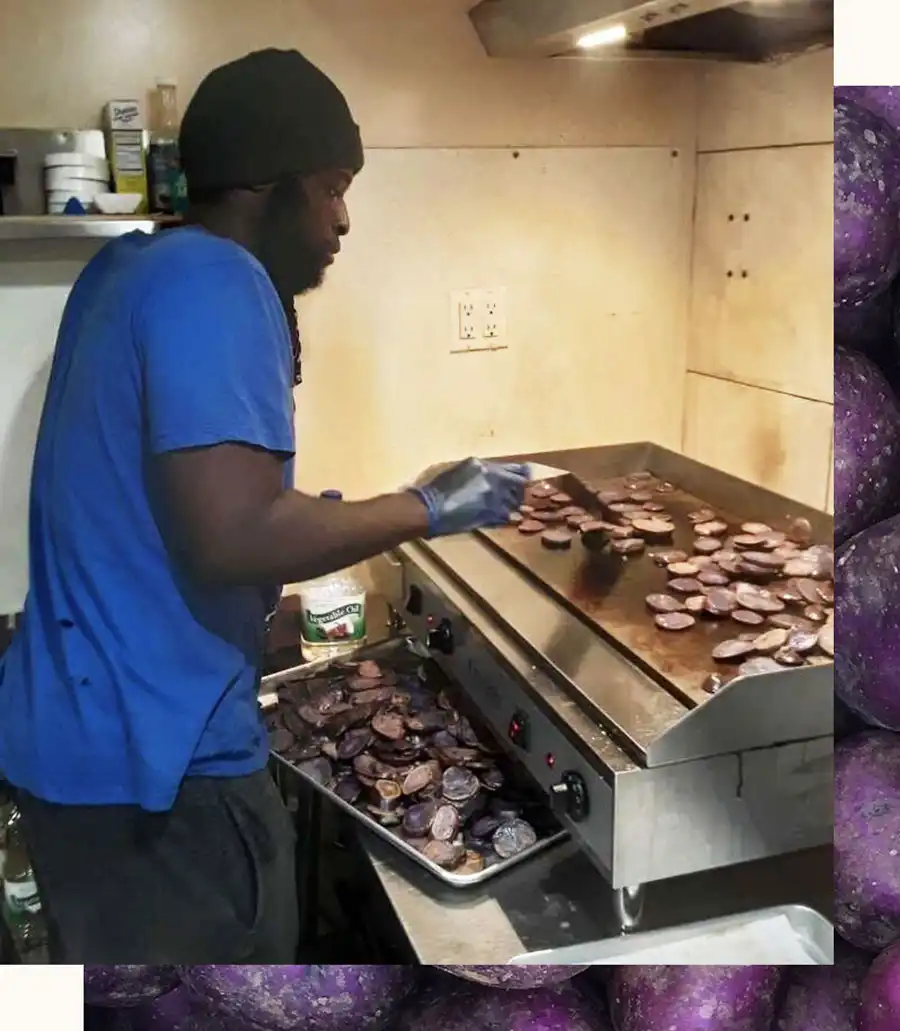
Right now, community fridges are serving as waste management for big farms far away…
We would love to have a direct link to farmers.
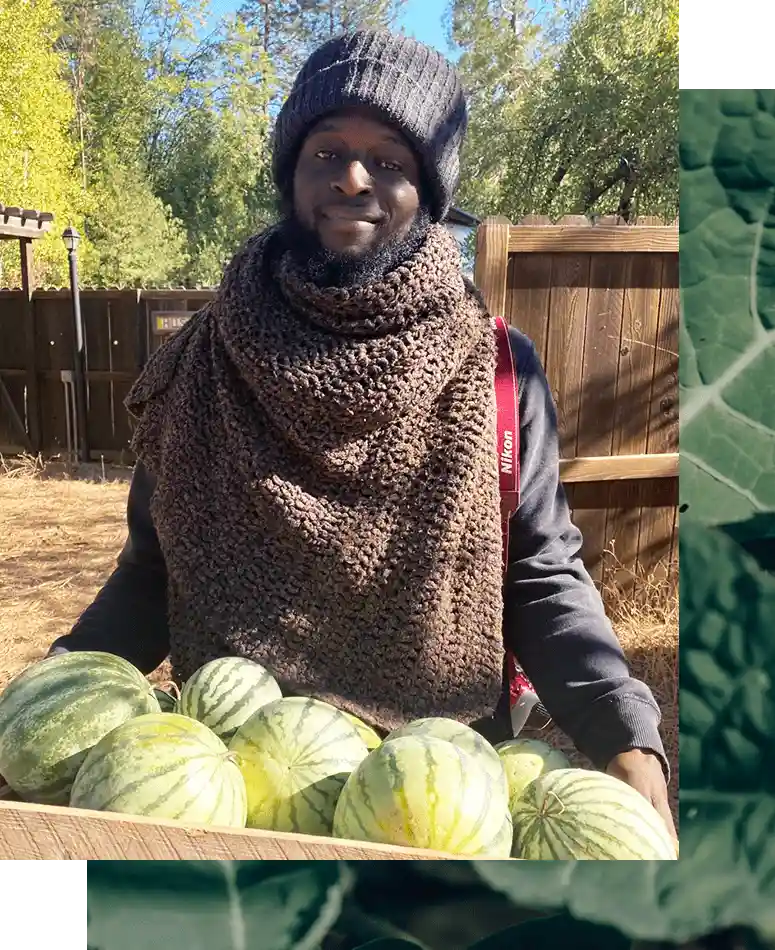
How can that regenerative organic food reach the hands of low income folks?
How can this produce get into the hands of folks like community chefs who are trying to feed low income peoples?
How do we include equity in the regenerative farm models?
Is it even possible for regenerative agriculture to feed those with low income?
Want to support these efforts? Here’s how:
1. Support NYC Community Fridges
2. Connections? Resources?
Reach Anochi here: [email protected]
3. To keep up with Community Chef Anochi Odinga II you can follow him at:
@youalreadynoch and you can donate to him via Venmo at @Anochi-Odingaii
4. Share this far and wide to continue the dialogue and inspire action:
www.farmersfootprint.us/community-and-food-access
Copy/paste to share!
